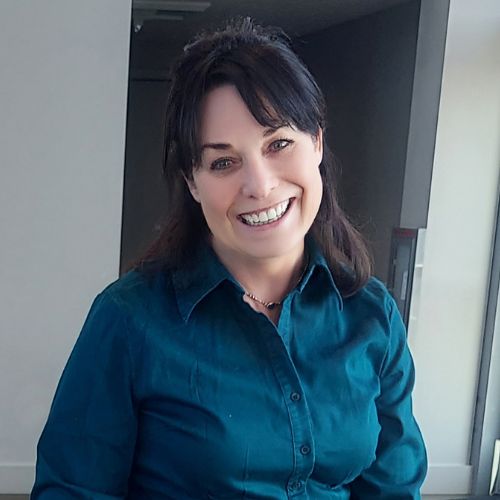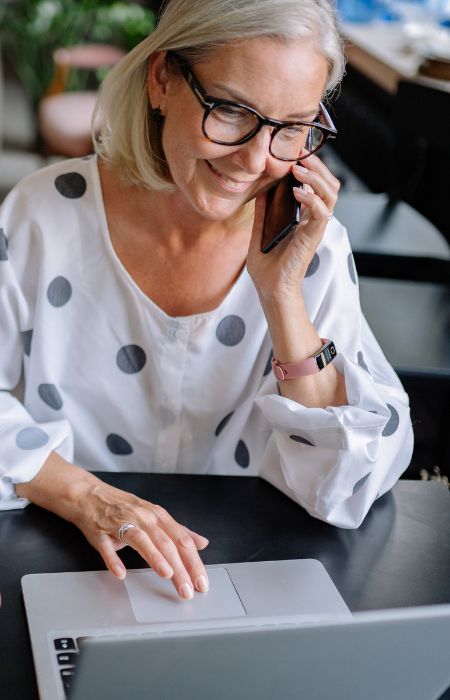Ask Beth: An Advice Column
Advice and insights from Beth in answer to submitted questions surrounding the struggles many of us face.
Ask Beth
Submit your questions to receive tailored advice and guidance from an expert consultant and neurodiversity advocate.
No results available Reset filters?
About the Author

Hey there! I'm Beth, a neurodiversity advocate and consultant here to help smooth the path of your ADHD journey.
The Latest in The Blog
The Hidden Patterns of RSD No One Understands
How Mapping RSD Helped Me Understand It
RSD was hard to explain at first—what I thought were just normal feelings turned out to be something much more interesting. Realizing it was part of my ADHD was a turning point. To make sense of it, I mapped out the seven phases of an RSD episode—from the trigger’s impact until it fades. Seeing these phases clearly not only helps in choosing strategies in the moment but also revealed deeper patterns—like over-apologizing, over-explaining, people-pleasing, perfectionism, and the exhausting cycle of procrastination/burnout. It shed light on why setting boundaries felt impossible and why second-guessing everything became second nature. A lot of recovery has come from learning about RSD—I hope it helps others find the same clarity.
No results available Reset filters?







